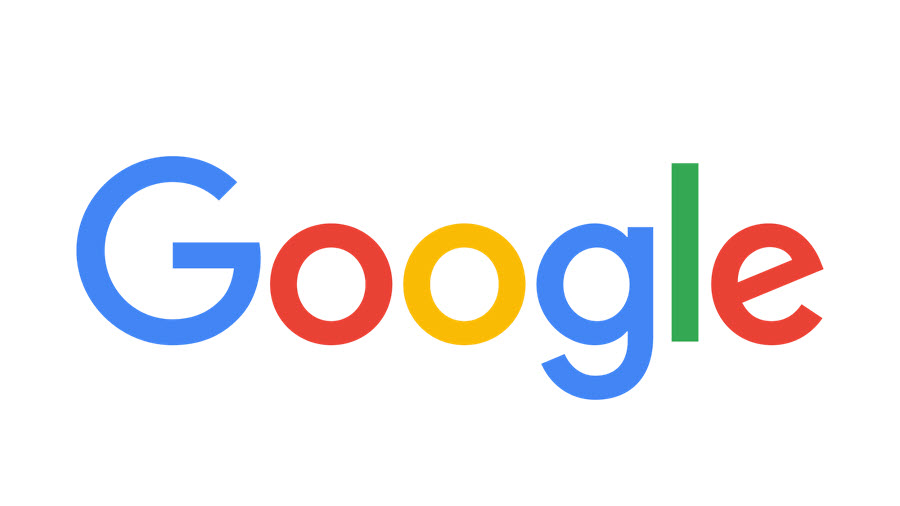DoH! ISPs Push Back on Encryption Test
The smarter way to stay on top of the multichannel video marketplace. Sign up below.
You are now subscribed
Your newsletter sign-up was successful
WASHINGTON — Internet service providers and child advocates have gone to Congress to try and block what they say is an effort by Google to centralize the domain naming system (DNS) to the potential detriment of cybersecurity and more.
NCTA-The Internet & Television Association, CTIA and USTelecom said the potential fallout could include Google acquiring “greater control over user data across networks and devices around the world. This could inhibit competitors and possibly foreclose competition in advertising and other industries.”

NCTA outlined to the heads of the relevant committees just what it thought was at stake if Google took more control of the domain-naming system, which has been used to:
(1) Provide parental controls and Internet of Things management;
(2) Connect users to CDS so they could get content in the “fastest, cheapest and most reliable” way; and
(3) Assist law enforcement in combating online piracy.
Google has countered that it isn’t trying to centralize control and that the effort is only a test, with limited applicability.
With Big Tech under pressure to protect privacy, Google said it is just trying to bring the privacy benefits of the secure HHTPS regime (DNS-over-HTTPS, or DoH) to the domain naming system (DNS), which it said would help prevent others from seeing which sites a web user is visiting and help prevent spoofing.
Sounds good so far. But ISPs and others say there are unintended consequences, which is what prompted them to seek Hill help. The ISPs and child advocates, in their letters to top legislators, also said they were concerned that the DNS change would make it harder to track and stop child predators.
The smarter way to stay on top of the multichannel video marketplace. Sign up below.
Not true, Google said. “There is no change to how DNS providers work with law enforcement in accordance with court orders,” it said in a statement.” Google said the test is among only a handful of DNS providers that already support DoH, and will not be instituted by default in those cases, as Mozilla has signaled it will.
As to the centralizing charge, Google said characterizing the company as a “centralized encrypted DNS provider” is not accurate.
Google was expected to reach out to the ISPs to try and clear up what they suggested was a misunderstanding. An NCTA spokesperson said they knew of no such outreach.
Contributing editor John Eggerton has been an editor and/or writer on media regulation, legislation and policy for over four decades, including covering the FCC, FTC, Congress, the major media trade associations, and the federal courts. In addition to Multichannel News and Broadcasting + Cable, his work has appeared in Radio World, TV Technology, TV Fax, This Week in Consumer Electronics, Variety and the Encyclopedia Britannica.

